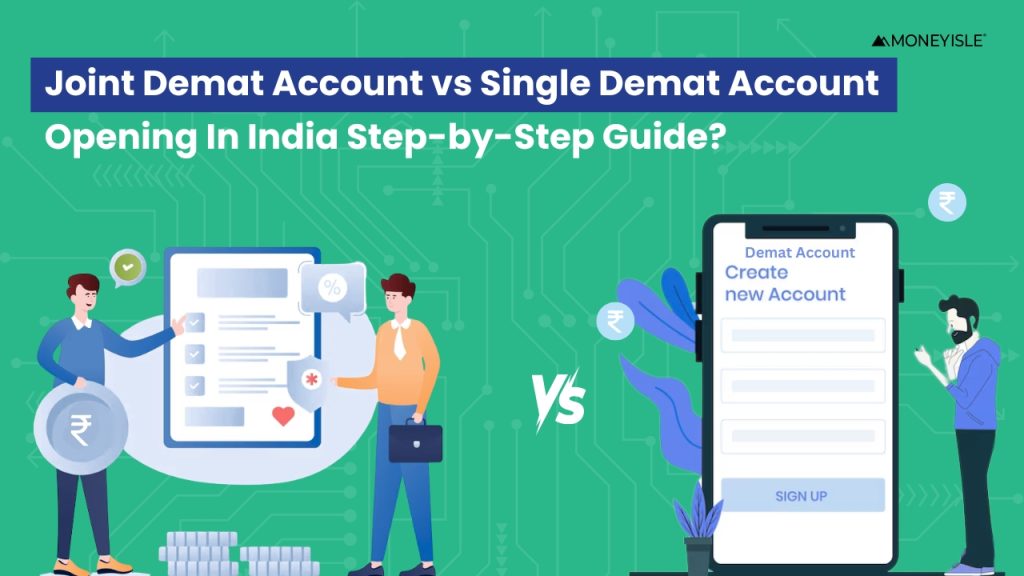Algorithmic trading, or algo trading, has become a game-changer in financial markets across the globe. By leveraging powerful computing systems and mathematical models, traders can execute orders at lightning speed, minimizing human error and optimizing profits. In India, this evolution hasn’t gone unnoticed. As the popularity of algo trading rises, the Securities and Exchange Board of India (SEBI) has stepped in with a set of comprehensive regulations aimed at ensuring transparency, fairness, and investor protection in this high-speed segment of the market.
The Rise of Algorithmic Trading in India
Over the past decade, India has witnessed a significant uptick in the use of algorithmic strategies, particularly among institutional players. However, in recent years, retail investors have also started accessing algo trading through APIs (Application Programming Interfaces) offered by brokers. These Algorithmic Trading in India retail-oriented APIs allow users to build custom trading bots or use third-party algo strategies, which has triggered both interest and concern from regulators.
The lack of oversight on third-party algo providers, especially those selling plug-and-play solutions to retail traders, raised red flags. Many of these strategies promised high returns without disclosing risks, and in some cases, even operated without the broker’s knowledge. SEBI’s response has been to plug the regulatory gap and protect market integrity.
SEBI New Algo Trading Regulations
SEBI issued a circular in 2022 that laid the foundation for new rules around algo trading via APIs. Here are some of the key components of the framework:
1. Broker Approval for Algo Strategies
Brokers must now approve all algo trading strategies used by their clients. This means that any algorithm deployed through an API must be reviewed and authorized by the broker. The aim is to ensure that the strategy doesn’t manipulate the market or violate trading norms.
2. Tagging of Algo Orders
SEBI mention that all algorithmic tranding orders sent via APIs be tagged with a unique identifier. This tagging helps exchanges and regulators track the source and nature of each algo trade, improving transparency and enabling better audit trails.
3. Standardization of APIs
Brokers are required to standardize their API offerings and make them secure. This includes ensuring robust authentication mechanisms, real-time monitoring of trading activity, and logging of all API interactions.
4. Third-Party Algo Vendors Under Scanner
Vendors providing algorithmic trading strategies to clients must either work in partnership with SEBI-registered brokers or get their algorithms approved by the brokers themselves. Any unregistered or unapproved third-party algorithm could be considered unauthorized and thus, prohibited.
5. Investor Risk Disclosures
SEBI has made it mandatory for brokers to disclose the risks associated with algo trading to their clients. Investors must also provide explicit consent before brokerage calculator online accessing API-based trading services.
Why These Regulations Were Needed
The previous lack of regulation allowed a grey market of unregulated algo providers to flourish. Many of these vendors promised “guaranteed profits,” misleading buy and sale for investors. There was little to no risk disclosure, no audit trails, and no accountability in case of financial loss or system failure. Moreover, malfunctioning or poorly coded algorithms could disrupt the market or cause artificial volatility.
By highlight a regulation structure, SEBI aims to:
- Ensure a level playing field between institutional and retail algo traders.
- Prevent market abuse through manipulative automated strategies.
- Hold brokers and vendors accountable for the tools they provide.
Implications for Retail Traders and Brokers
For Brokers:
- Increased compliance burden as they must now evaluate and approve each algo strategy.
- Need to enhance API infrastructure, implement order tagging, and maintain audit logs.
- Greater responsibility in educating clients and monitoring algo usage.
For Retail Traders:
- More transparency and awareness of the risks associated stock market blogs for beginners with algo trading.
- Slightly limited access to “off-the-shelf” trading bots due to regulatory scrutiny.
- Assurance that approved algos meet safety and compliance standards.
While the regulations might seem restrictive at first, they aim to build trust in the system. By filtering out unverified and potentially harmful strategies, the market becomes safer and more accessible in the long run.
What are The Future of Algorithmic Trading in India
SEBI’s proactive stance is a clear indication that algo trading is here to stay but with necessary guardrails. The challenge lies in balancing innovation with investor protection. In the future, we might see:
- SEBI launching a formal registration framework for third-party algo vendors.
- The rise of SEBI-approved algorithm marketplaces hosted by brokers.
- Further development of surveillance mechanisms using AI and machine learning to detect anomalies in algorithmic trading.
The future of algo trading in India is promising, especially with regulatory clarity. These reforms not only curb misuse but also open the door for more responsible, scalable, and democratized access to technology-driven trading tools.
Conclusion
SEBI’s new regulations on algorithmic trading. By holding brokers and vendors accountable, introducing tagging and monitoring mechanisms, and empowering investors with knowledge and consent, SEBI is creating a framework that supports both innovation and integrity.
As the markets evolve, adapting to these new norms will be crucial for all stakeholders brokers, algo developers, Securities and Exchange Board of India and traders alike. With regulatory guardrails in place, the future of algo trading in India looks safer, smarter, and more inclusive.











